“Reason Why Women Are Waking Up at 3:29 AM Revealed”
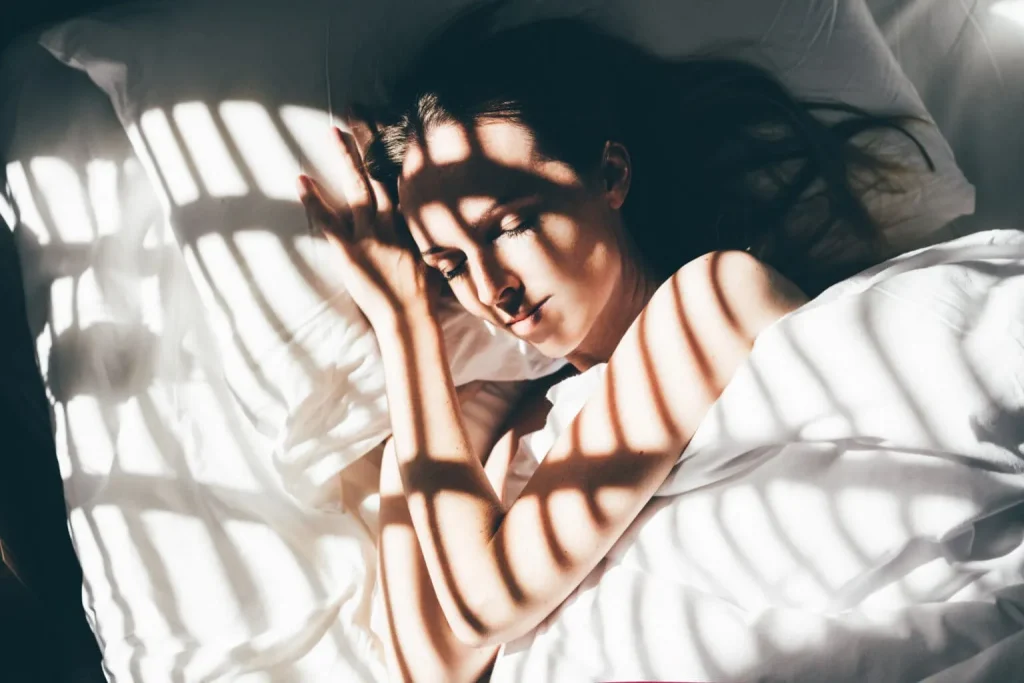
Millions of women across the UK are reporting a strange, almost surreal phenomenon—waking up abruptly at precisely 3:29 AM.
New research from Dunelm, a retailer specializing in sleep products, has explored the nighttime challenges faced by many women, and the results are surprising.
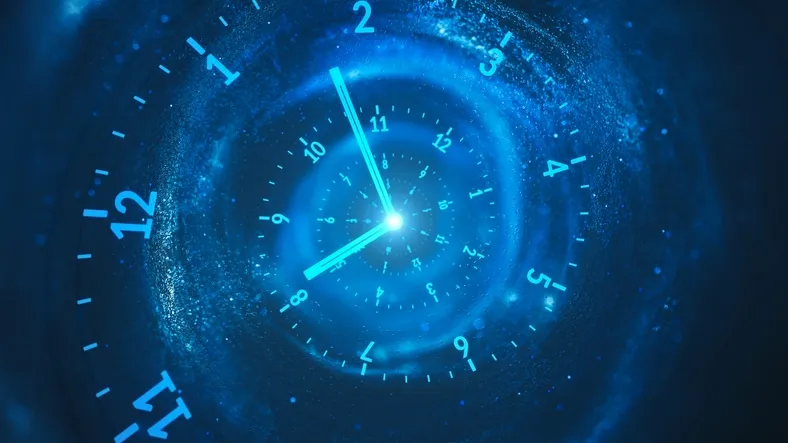
The study reveals that 3:29 AM has become the most frequent time for women to wake up, with many struggling to fall back asleep afterward.
Reason for women’s sleeping habits exposed.
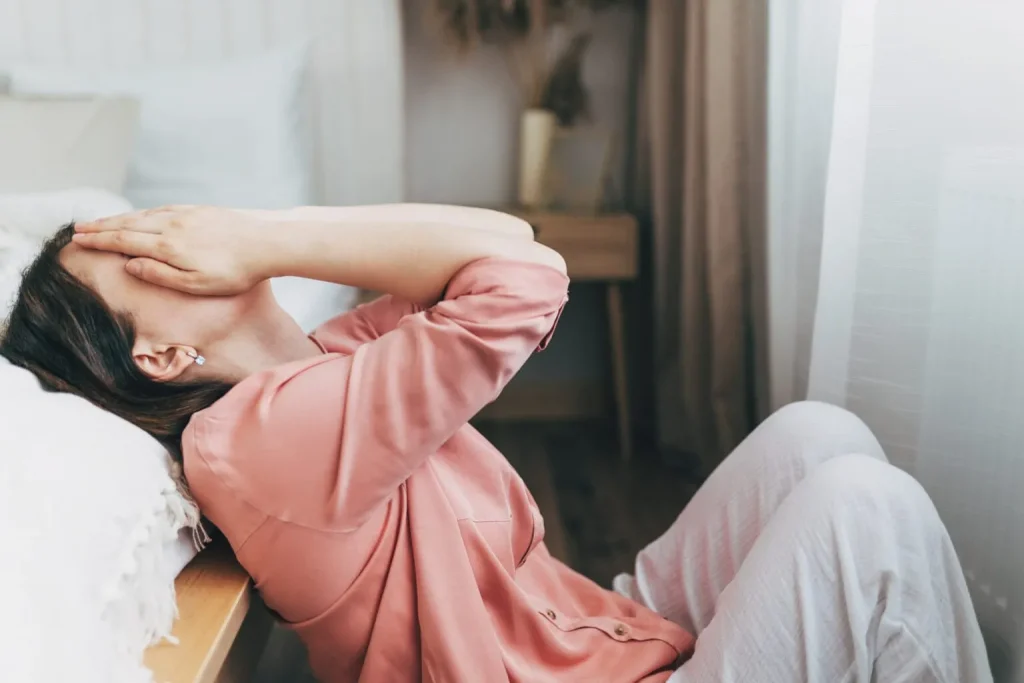
The main culprit? Insomnia linked to menopause, a known disruptor of sleep patterns.
While insomnia is common, the specific timing and frequency of these 3:29 AM wake-ups have sparked widespread curiosity.

Currently, around 13 million women in the UK are experiencing menopause or perimenopause, a phase known for significantly disrupting sleep.
For most women, menopause usually begins between the ages of 45 and 55, with symptoms often becoming more pronounced during perimenopause, the transitional phase leading up to it.
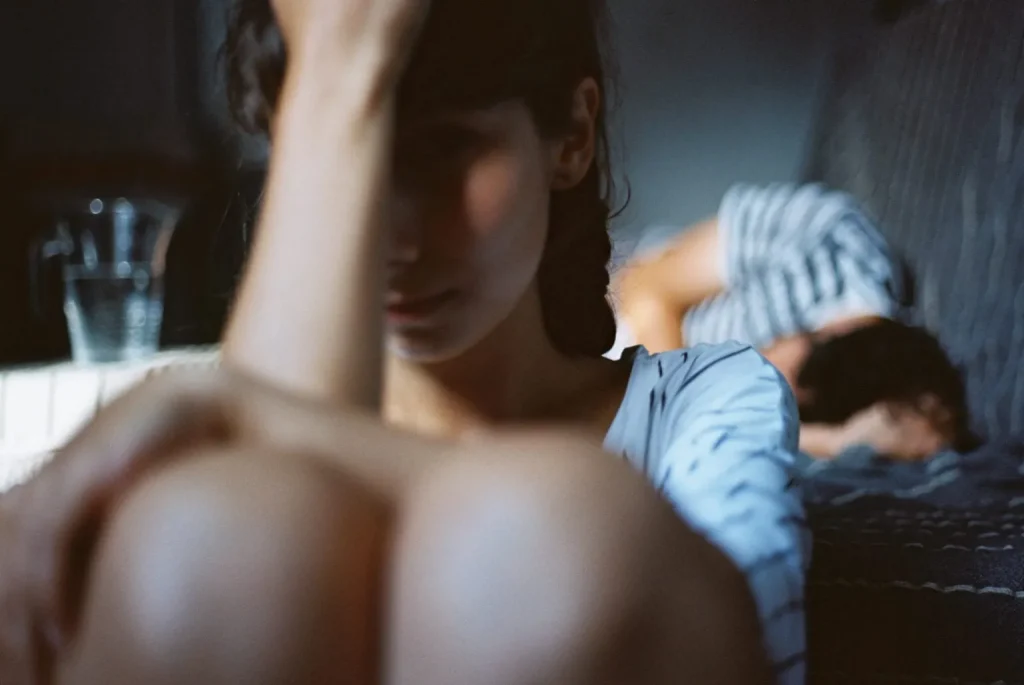
This phase is often accompanied by hot flashes, anxiety, mood swings, and, unfortunately, sleep disruptions.
Research about menopause symptoms explained.
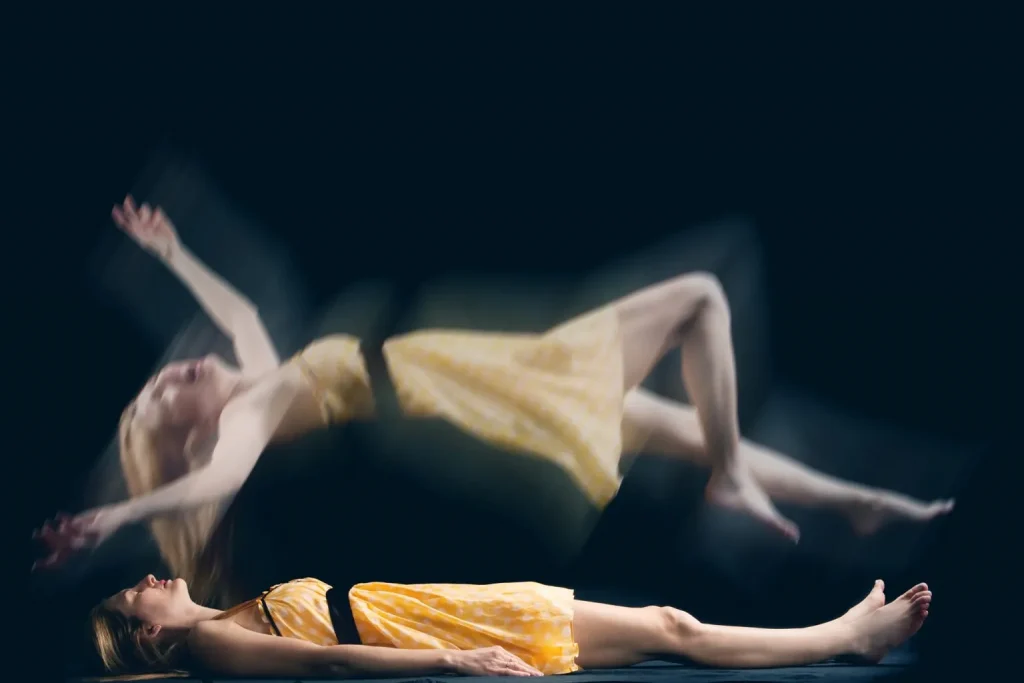
Research indicates that insomnia is a common and direct symptom for many women during menopause, often making it one of the most frustrating aspects of this transition.
And it’s not just a temporary issue—many women report struggling with disrupted sleep for years.
Dr. Clare Spencer, a menopause expert, explains why so many women struggle with sleepless nights during this stage of life.

“Sleep problems are among the most common concerns I hear,” says Spencer, highlighting that these disturbances can trigger mood swings and negatively affect physical health.
Reason for odd wake-up time revealed.
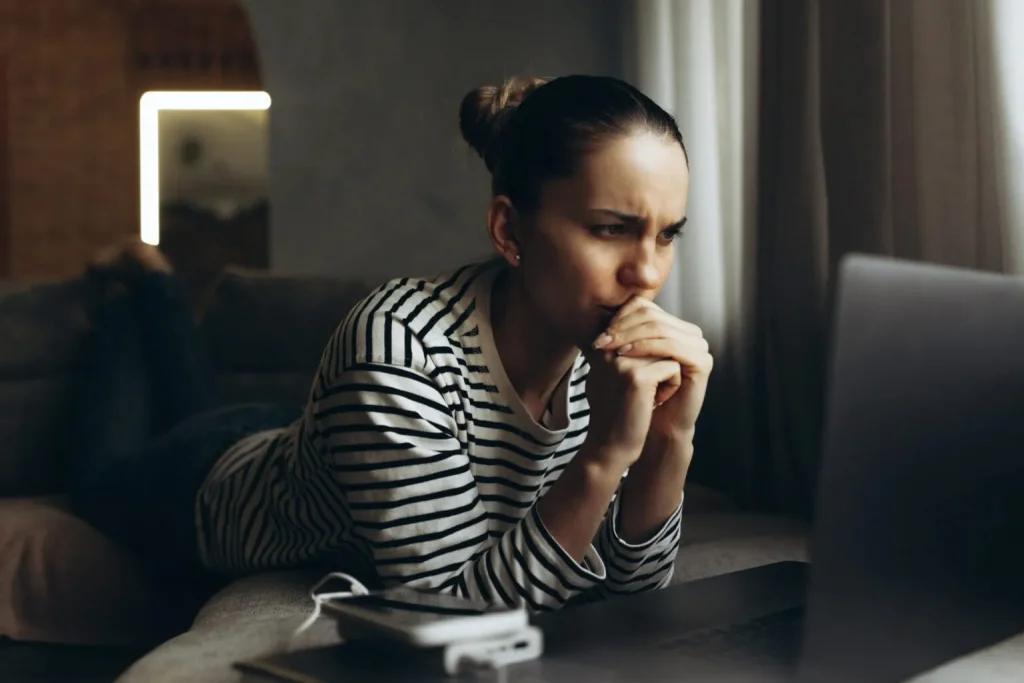
This raises an interesting question: Why 3:29 AM? Is there something particularly significant about this hour?
Experts suggest that the timing may be connected to the body’s natural sleep-wake cycle, which becomes more susceptible to disruptions during menopause.

As hormone levels drop, the brain’s usual sleep patterns can be disrupted, leading to a “wake window” in the early hours of the morning.
Activities of sleepless women detailed.
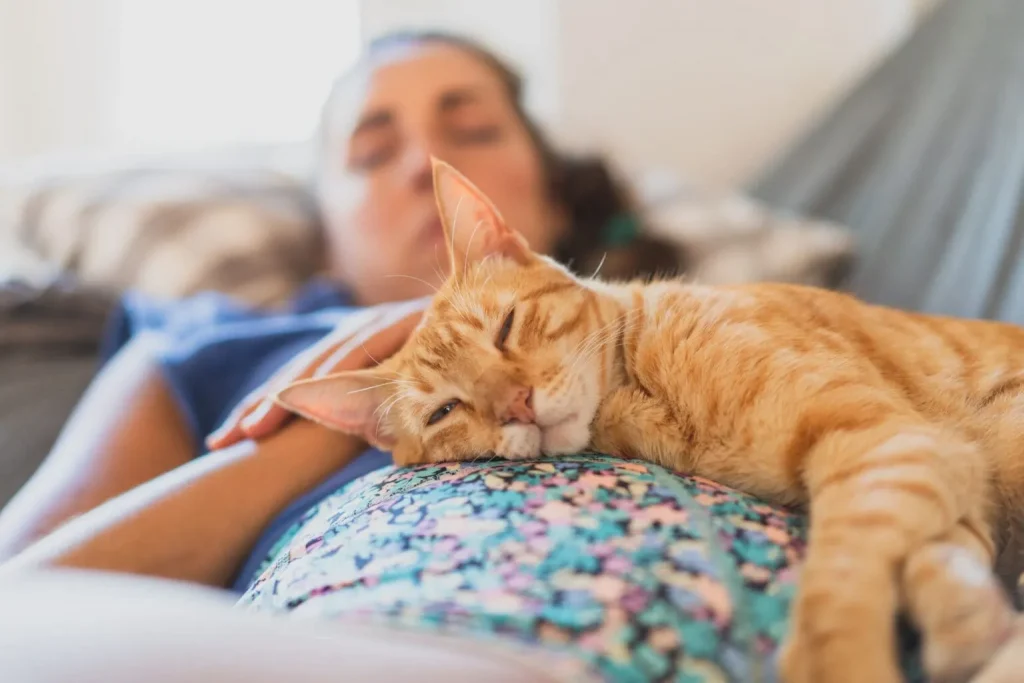
For those who wake up suddenly, 53% admit to lying there, hoping sleep will return—but more often than not, it doesn’t.
Other women have turned to books, smartphones, or TV to pass the time, hoping that drowsiness will eventually return.
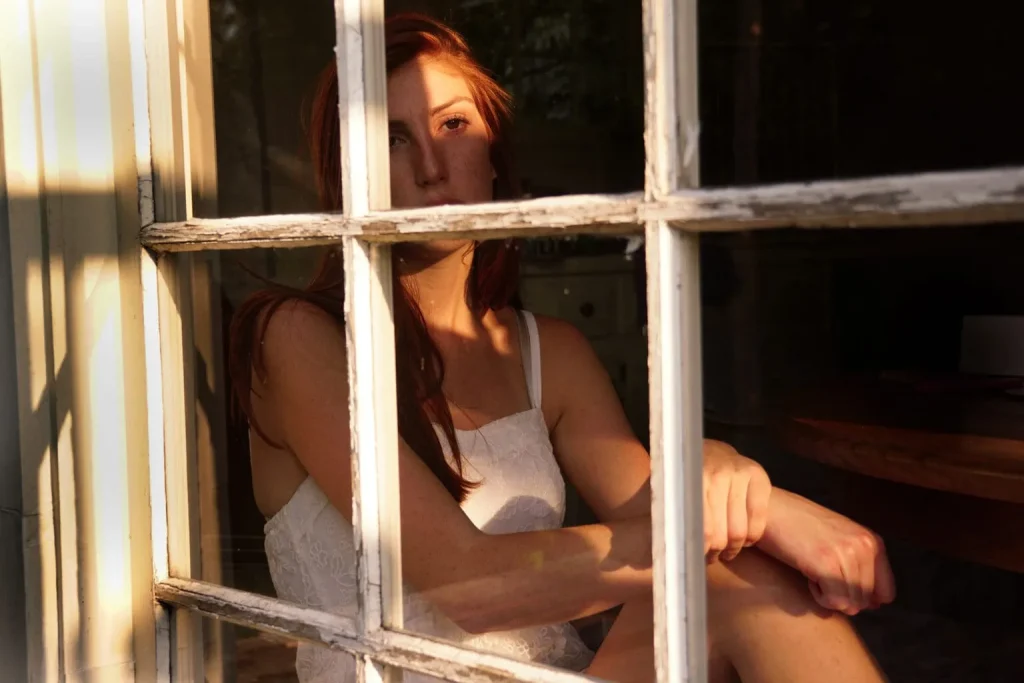
“You’d think scrolling through social media would help, but it just keeps me awake longer,” says one study participant, frustrated by the cycle.
In fact, around 30% of women tried reading or scrolling, while 17% admitted to staring at the clock, waiting for sleep to finally come.
Dame Kelly Holmes’ perspective unveiled.

Dame Kelly Holmes, a two-time Olympic gold medalist, shared her personal struggle with waking up at 3 AM during perimenopause.
“Waking up at three in the morning became a regular occurrence for me,” Holmes revealed, admitting that she felt “exhausted every day.”

Holmes says she now intentionally goes to bed later in hopes of avoiding that dreaded 3:29 wake-up call.
“I still only get around five to six hours of sleep a night,” she says, “but blackout curtains and sleep sprays have become my survival tools.”
Why menopause makes 3:29am wake-ups so common!
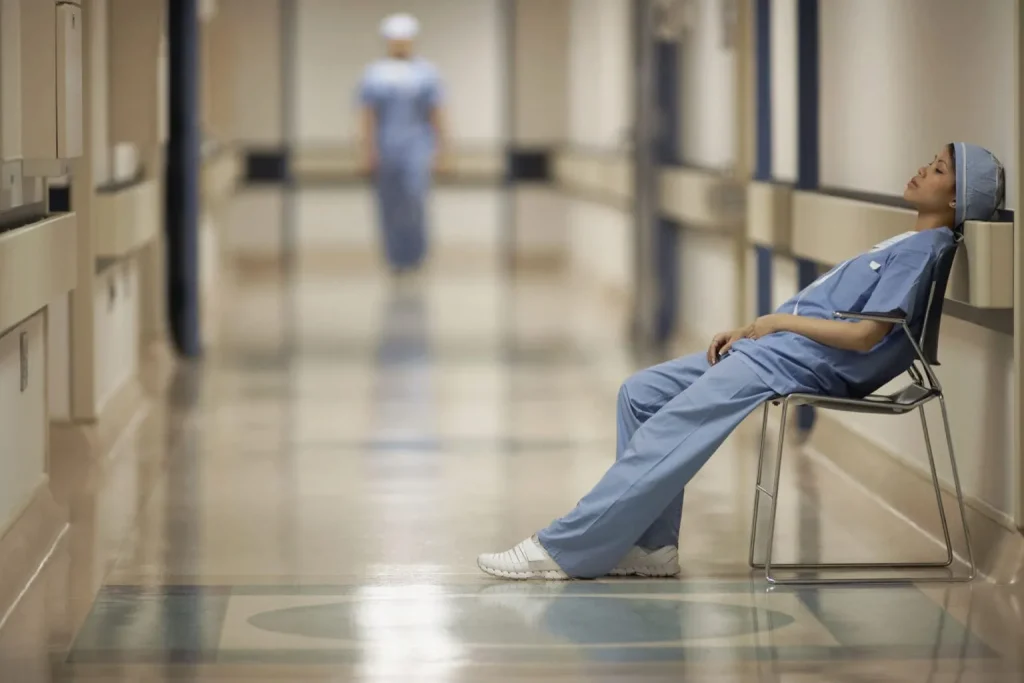
Dr. Spencer explains that once a sleep pattern is disrupted, a vicious cycle can develop, making it even harder to achieve restful sleep.
“It’s like a vicious cycle,” she says. “Once your brain starts fixating on staying awake, it’s hard to stop.”
Potential solutions for breaking the cycle revealed.

Experts suggest steering clear of caffeine, alcohol, and nicotine before bedtime, as well as avoiding heavy meals in the evening.
For many women, however, these nighttime awakenings remain a mystery, despite their best efforts to manage their bedtime routine.

While menopause itself is a natural part of life, researchers are actively working on solutions to help women better manage its challenging symptoms.
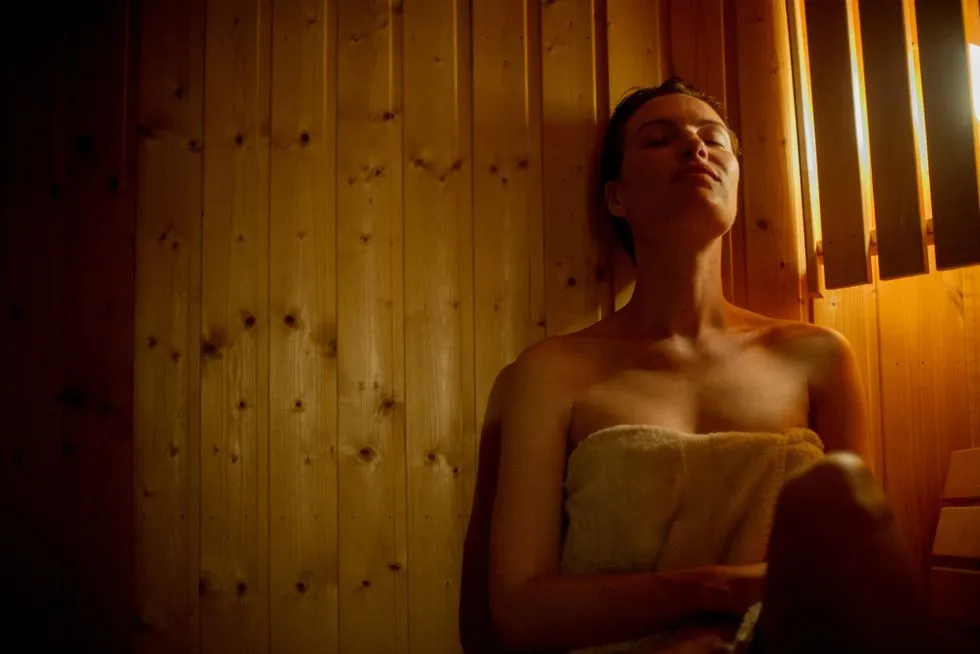
One recommendation from Dr. Spencer? Make evening relaxation routines a priority, but understand that a 3:29 AM wake-up might simply be part of the journey.
For now, women dealing with this peculiar phenomenon can take comfort in knowing they’re not alone in their midnight struggles.

So, the next time you’re abruptly awake at 3:29 AM, just remember—you’re not alone; you’ve joined an unintended club of millions.





